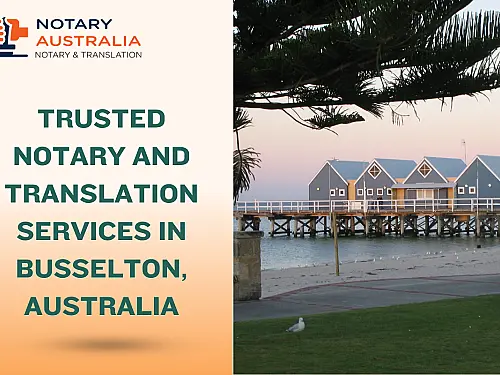



How to Notarize Real Estate Contracts for Legal and Property Protection
-large.webp)
Table of Contents
Real estate is one of the biggest financial decisions you'll ever make—whether you're buying, selling, renting, or investing. But what many people don’t realise is that the strength of those property agreements lies in how legally secure they are. That’s where notarisation comes in.
In this article, we’ll walk you through everything you need to know about using a notary for real estate contracts—from sale agreements and deed transfers to lease documents and mortgage terms. We’ll also cover when and how to notarise, the benefits, legal compliance requirements, and risks of skipping this critical step.
What Is Real Estate Contract Notarisation?
Real estate contract notarisation is the process by which a licensed notary public verifies the authenticity and legality of property-related documents and the identity of the signing parties. A notarised document carries legal weight, can be used in court, and is often a requirement for:
- Property ownership transfers
- Real estate sales and purchases
- Lease agreements
- Mortgage documents
- Land development approvals
- Zoning or construction applications
Notarisation acts as a legal checkpoint, preventing fraud, misrepresentation, and future disputes.
Why You Need a Notary for Real Estate Contracts
Legal Enforceability
A notarised real estate contract is harder to challenge in court and is accepted by banks, governments, and legal bodies.
Fraud Protection
By verifying the identity of the signers, a notary helps protect against document tampering or identity fraud.
Compliance with Local Laws
In many cases, notarisation is required to complete legal processes such as property title transfer, zoning approvals, or mortgage registration.
Common Real Estate Documents That Require Notarisation
| Document Type | Legal Purpose |
|---|---|
| Real estate sale agreements | Verify terms between buyer and seller |
| Property deeds | Legal transfer of ownership |
| Mortgage agreements | Secure financing with verified terms |
| Lease agreements (residential/commercial) | Formalise landlord-tenant relationships |
| Co-ownership agreements | Define legal rights in shared property |
| Escrow documents | Ensure secure property payments |
| Letter of intent for purchase | Establish buyer’s intent in writing |
| Land title transfer documents | Confirm land ownership transfer |
| Development agreements | Legalise land use and construction plans |
| Rental deposit agreements | Protect financial interests in tenancy |
Buying and Selling Property: Why Notarisation Matters
Notarising Home Purchase Agreements
Buying a property? Notarising your purchase agreement ensures that the terms are legally binding and protects both parties from disputes later on.
Deed Transfers
A property deed notarised by a public notary is often a legal requirement before a title transfer can be completed with the land registry.
Buyer-Seller Contracts
If you're drafting a sale agreement between two individuals or businesses, notarisation guarantees its legal validity and deters breach of contract.
Rental and Lease Agreements: Protecting Both Parties
Lease Agreement Notarisation
Whether for residential or commercial properties, a notarised lease gives both landlords and tenants legal recourse if disputes arise.
Commercial Lease Contracts
Businesses leasing office or retail space can avoid risks by notarising lease contracts and ensuring mutual terms are understood and enforceable.
Co-Ownership and Deposit Agreements
Planning to buy a property with a partner or friend? A notarised co-ownership agreement protects everyone involved and can prevent future conflicts.
Notarisation for Legal Compliance in Real Estate
Development and Zoning Approvals
Land development or construction projects often require notarised planning and zoning documents. These include:
- Strata title registrations
- Building permit applications
- Zoning approval forms
Apostille or Embassy Legalisation
If you're involved in international property deals, your notarised documents may also need to be:
- Apostilled by DFAT for Hague Convention countries
- Legalised at the relevant embassy for non-Hague countries
This is especially true for overseas investors or expats dealing with cross-border property transactions.
Step-by-Step: How to Notarize Real Estate Documents
1. Identify the Document
Is it a deed, lease, mortgage, or agreement? Determine what needs to be notarised and gather supporting documents.
2. Choose a Licensed Notary
Find a local or online notary service that offers real estate contract notarisation. Make sure they are recognised under Australian law.
3. Verify Identity
The notary will check valid photo ID and confirm the identity of all signers.
4. Sign in the Notary’s Presence
You must sign the document in front of the notary, who will then apply their official stamp and signature.
5. Receive Certified Copy
You'll receive a notarised copy that can be submitted to banks, councils, registries, or international authorities.
Online Notarisation for Real Estate Contracts
Digital notarisation is now a valid and secure option for most property transactions in Australia. It offers:
- Video-based ID verification
- Digital notary stamp
- Same-day document turnaround
- Secure upload/download portal
Perfect for remote signers, overseas buyers, or professionals handling urgent settlements.
What Happens If You Don’t Notarise?
Failure to notarise real estate contracts can lead to:
- Legal disputes over contract validity
- Delays in title transfer or mortgage approval
- Contract rejection by financial institutions or government agencies
- Loss of property rights if ownership is contested
Real-World Examples
- A homebuyer in Melbourne had their purchase agreement notarised and apostilled for use with an overseas lender.
- A commercial landlord in Sydney avoided a costly legal battle by using a notarised lease agreement with their tenant.
- An expat in Europe used online notarisation to finalise a land co-ownership contract with a family member in Australia.
FAQs About Real Estate Document Notarisation
Do I need to notarise my property purchase agreement?
Yes, especially if required by your local land registry, mortgage lender, or if the contract involves international parties.
Can I notarise a lease agreement online?
Yes, as long as both parties have access to secure digital ID verification and the notary is licensed in Australia.
What does notarisation cost?
Notarisation typically ranges from $90 to $200, depending on the document type, urgency, and whether online or in-person service is used.
Can one notary notarise documents for both parties?
Yes, provided the notary confirms the identity and willingness of both signers and there’s no conflict of interest.
Final Thoughts: Make Real Estate Legally Safe with a Notary
Real estate transactions involve life-changing decisions and large sums of money. That’s why it’s crucial to ensure your contracts are legally valid, enforceable, and compliant—by working with a qualified notary.
Whether you're buying your first home, signing a commercial lease, investing in property abroad, or drafting co-ownership terms—don’t skip the notarisation step. It’s your legal protection, sealed.

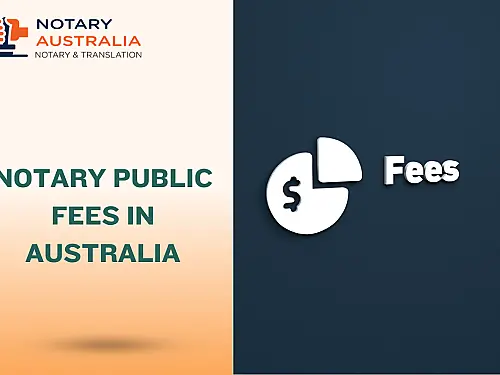

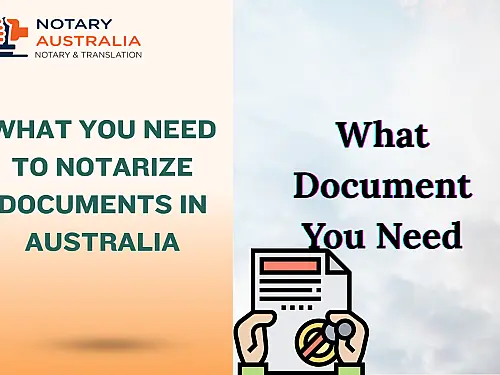
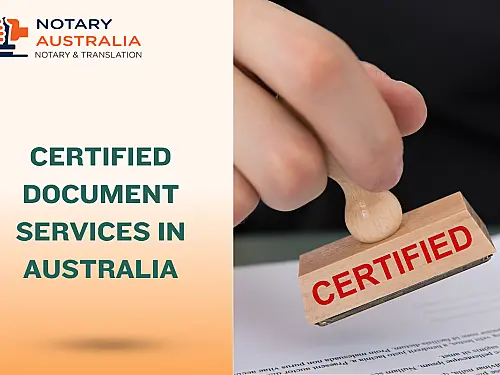
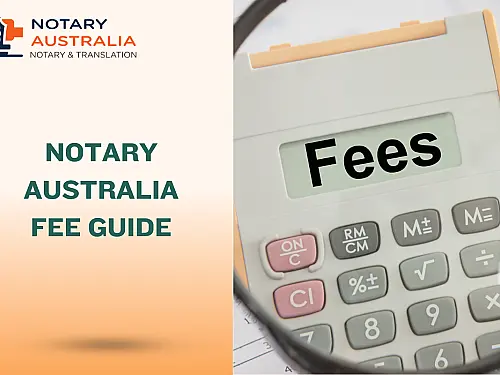

-thumb.webp)


